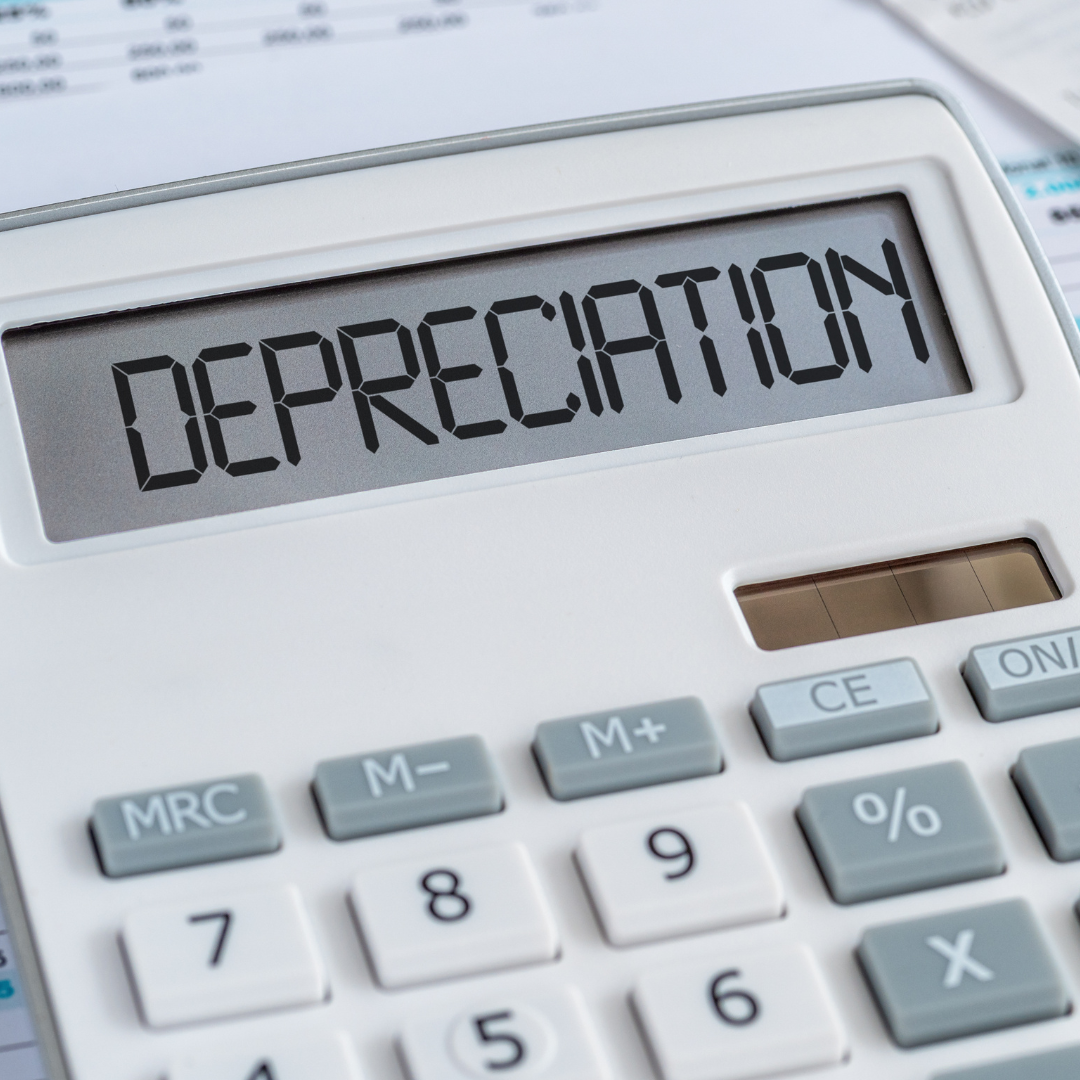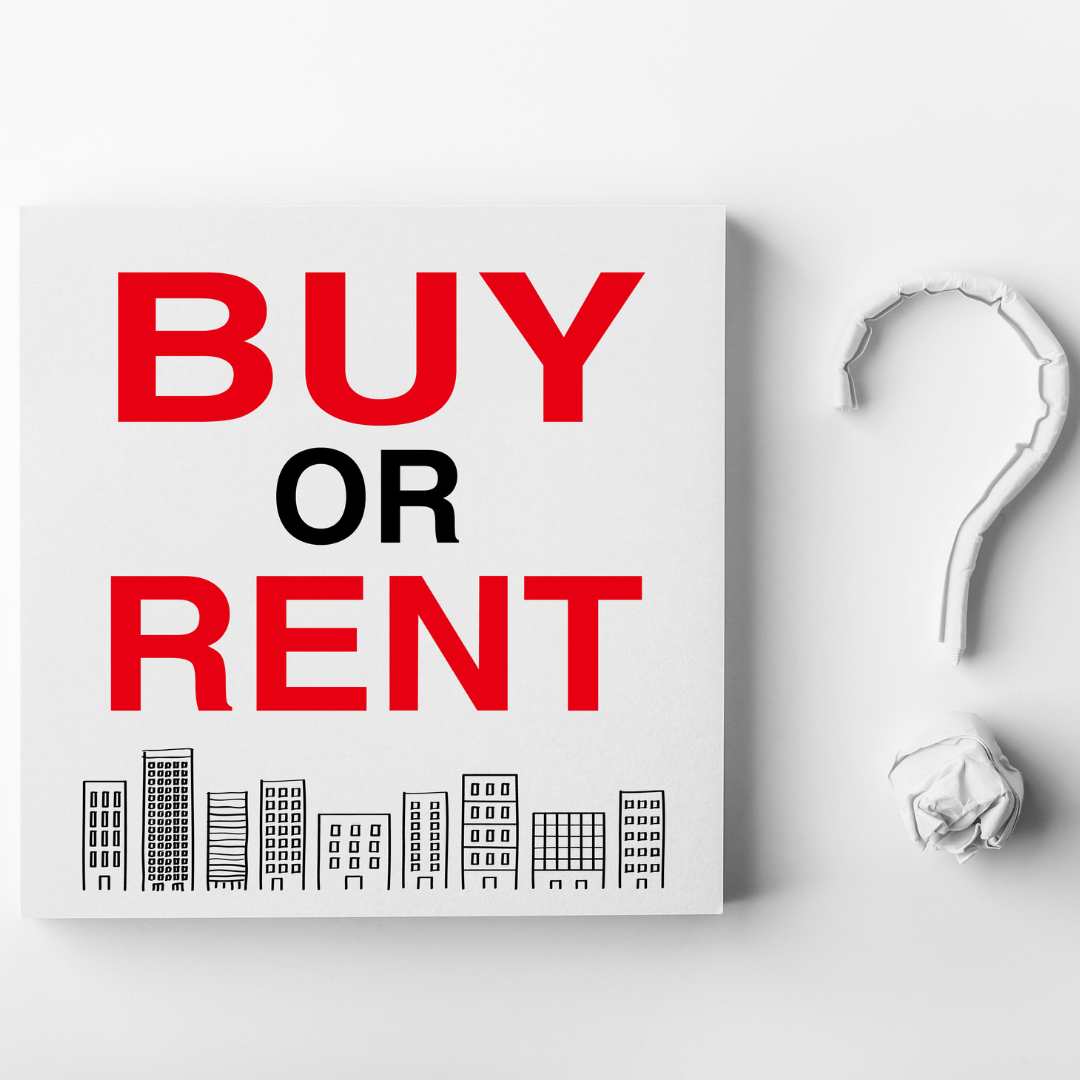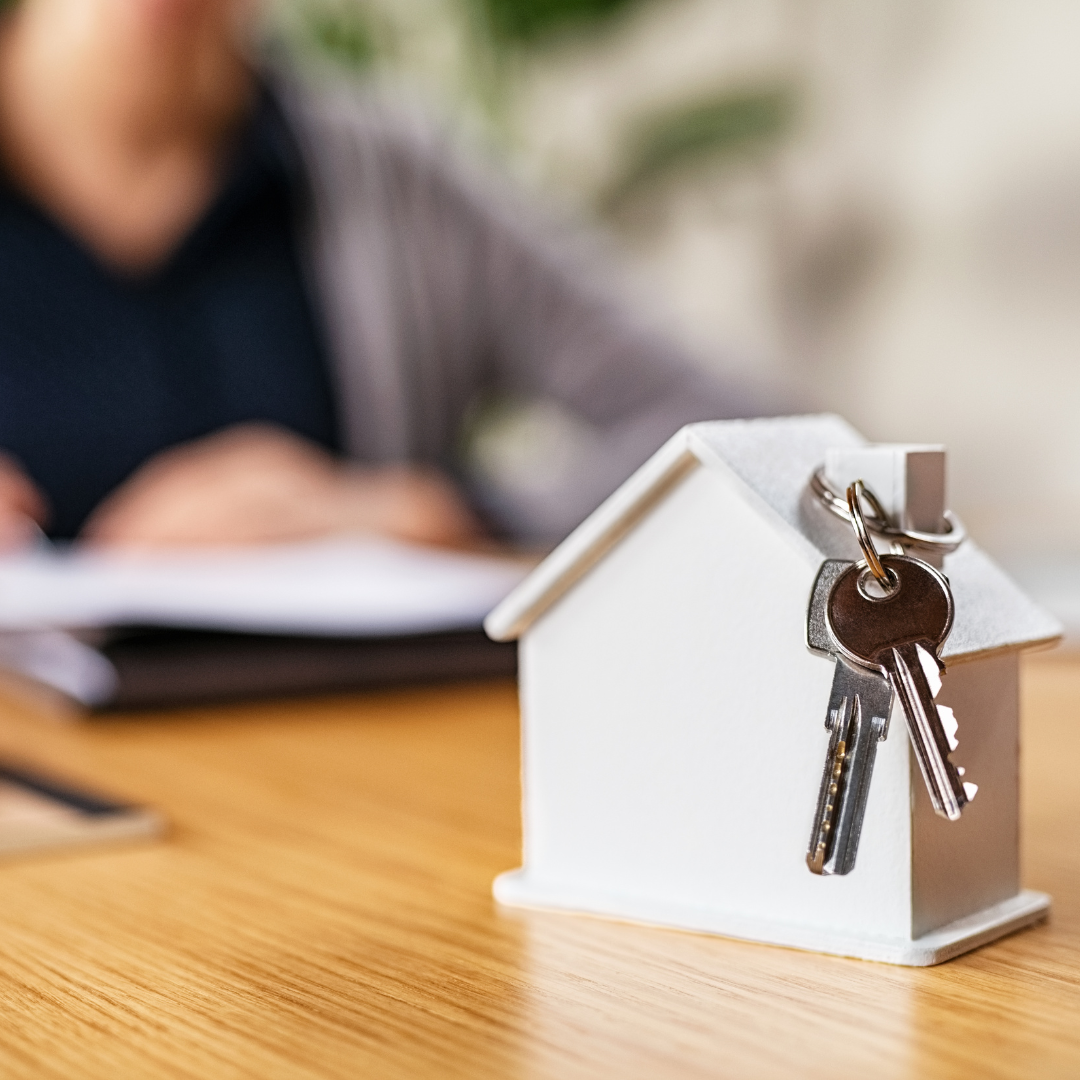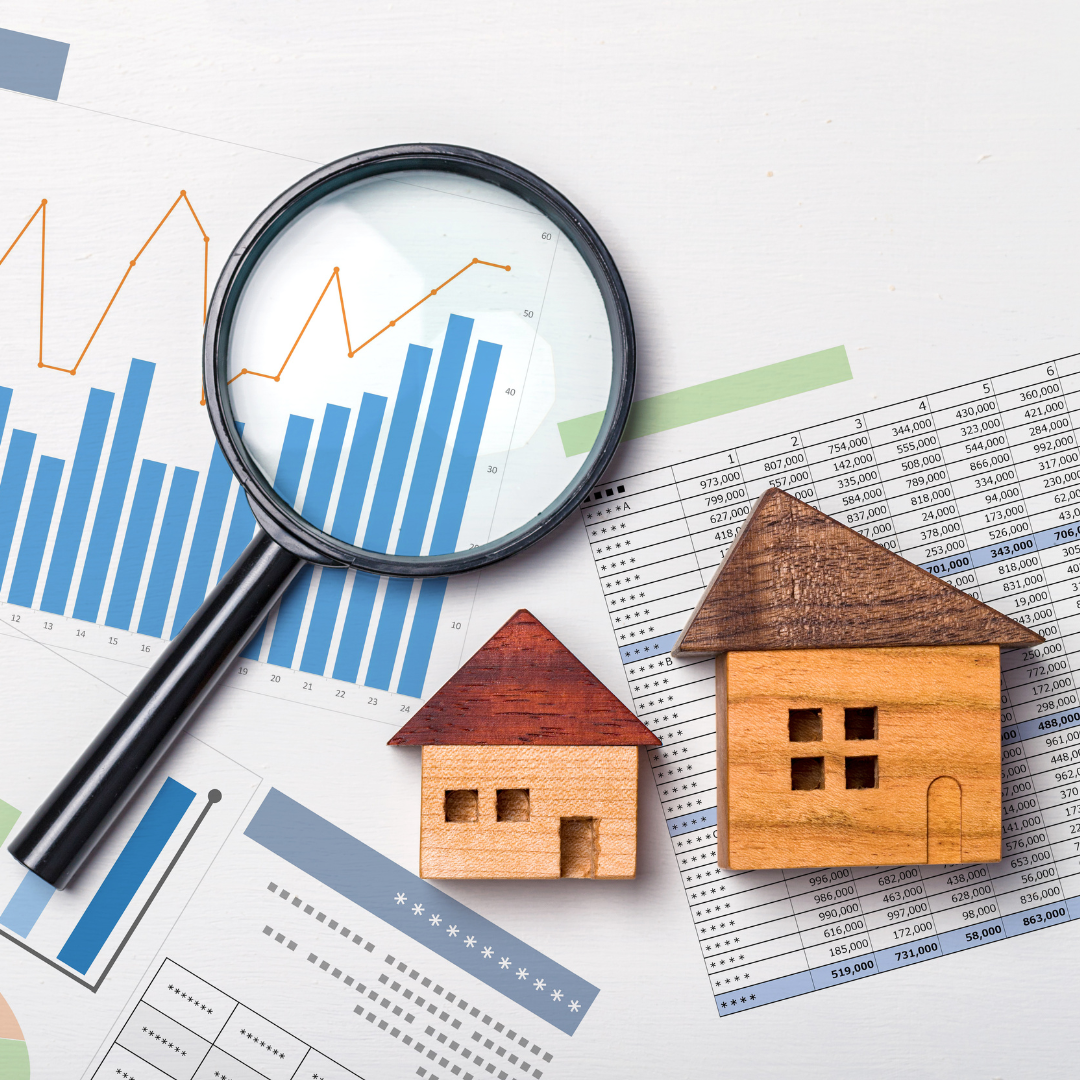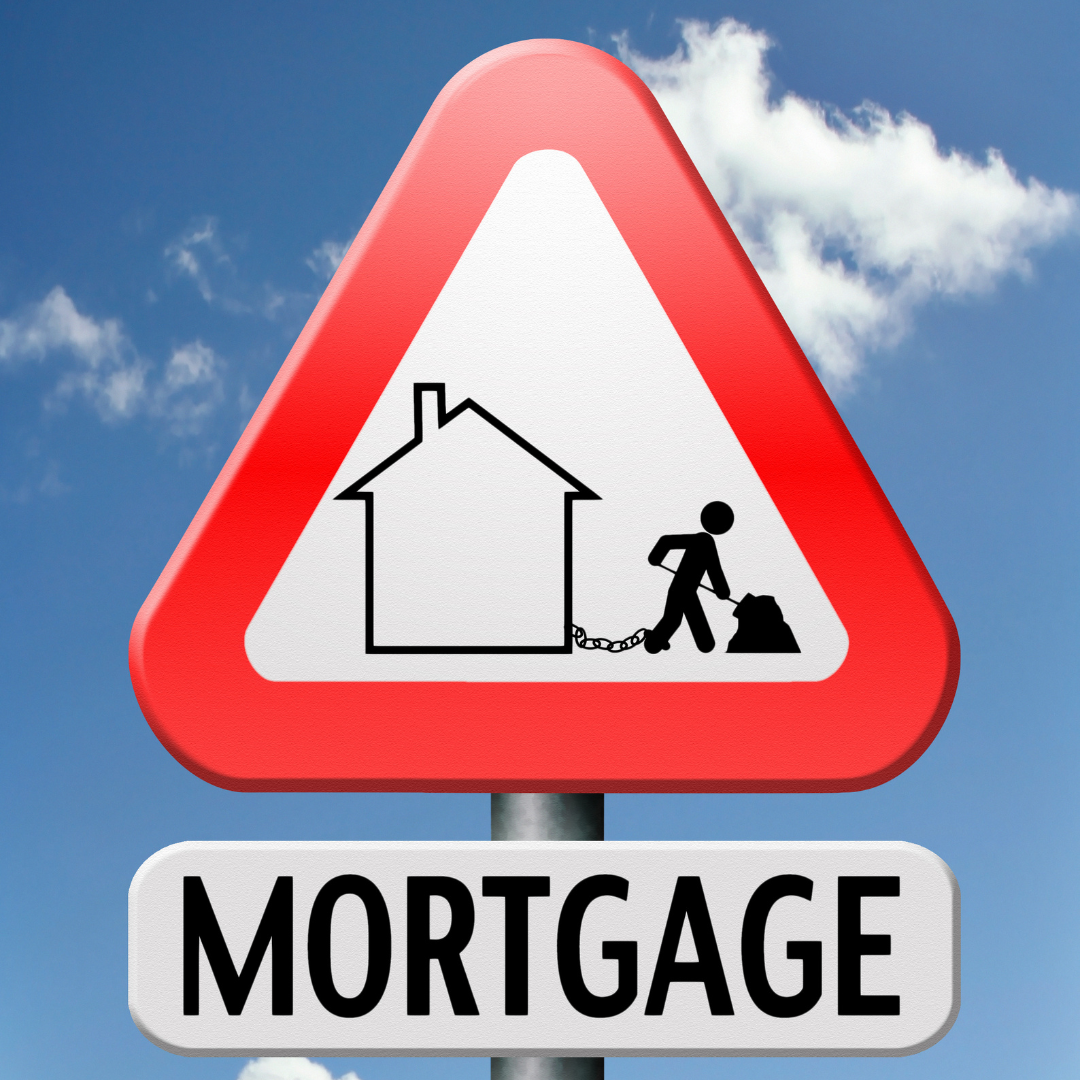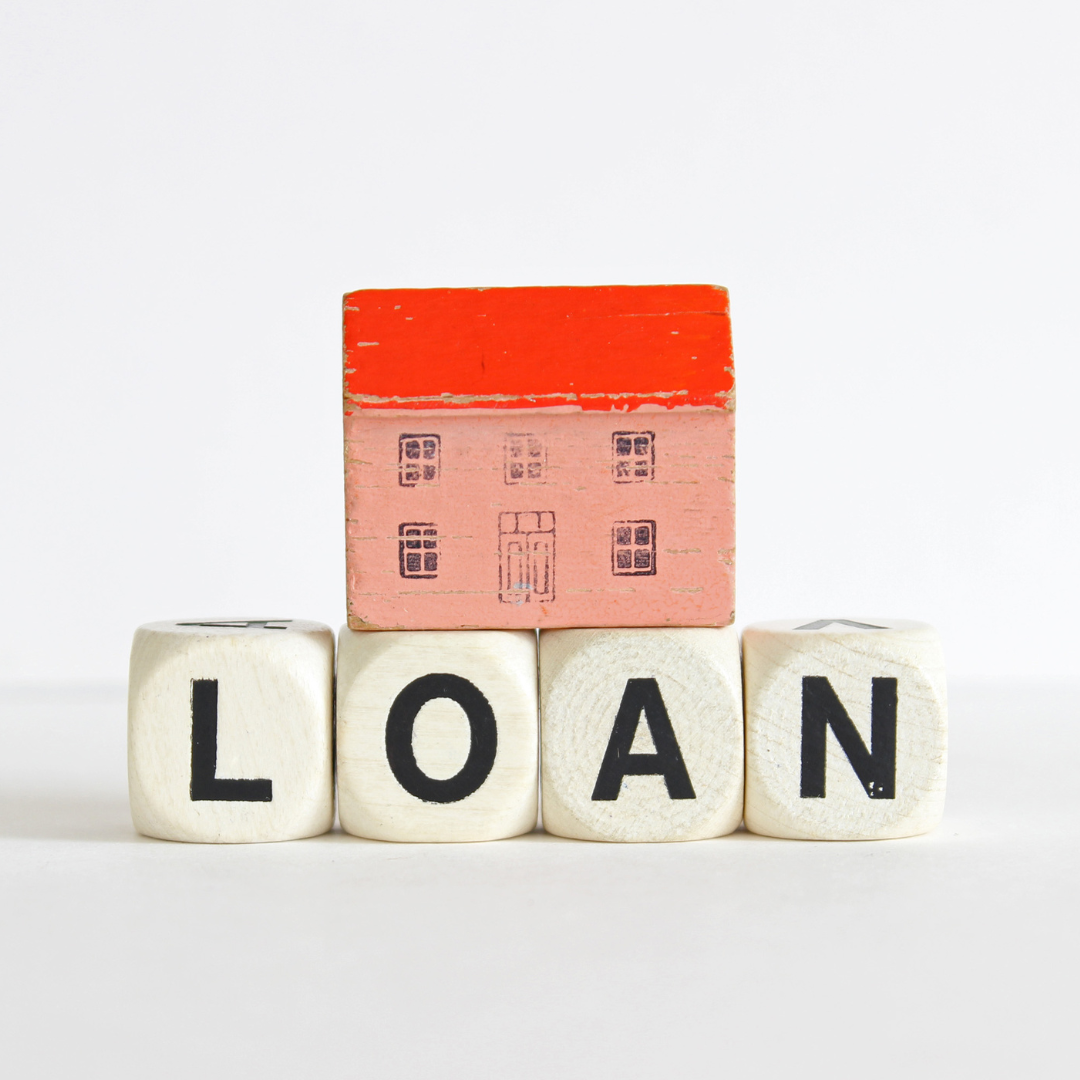Are you a homeowner looking to sell your property in the future? Or are you simply curious about what factors can cause your home’s value to decrease over time?
Well, look no further! In this blog post, we’ll be discussing the top 5 factors that can cause your home’s value to depreciate. Understanding these key elements will help you make informed decisions when it comes to improving your home’s worth. So let’s dive in and explore what could potentially lower the value of your beloved abode!
Factor #1: Poor Home Maintenance and Repairs
Your home is only worth as much as you maintain it. If you let your home fall into disrepair, it will depreciate.
The same is true if you don’t keep up with regular maintenance and repairs. Something as simple as a loose doorknob can make your home feel less valuable. Additionally, unexpected issues like scratching in walls from rodents or discovery of mold growth can arise, signaling potential problems that need attention. Addressing such concerns promptly not only preserves the value of your home but also ensures a comfortable and secure living environment.
If you want to maintain or increase the value of your home, make sure to keep up with regular maintenance and repairs. This includes things like painting, fixing leaks, undertaking a Garage Door Spring Repair and taking care of any damage.
Factor #2: Location and Neighborhood Desirability
Many factors can cause your home’s value to depreciate, but one of the most important is location. If your home is in an undesirable neighborhood or in an area that is not well-maintained, it will be much harder to sell for top dollar.
It is important to remember that when you are selling your home, you are not just selling the house itself, but also the surrounding neighborhood. If potential buyers don’t like what they see when they drive by your home, they are less likely to want to schedule a showing.
To maximize your home’s value, it is important to pay attention to both the condition of your property and the desirability of its location. If you keep these two factors in mind, you will be much more likely to sell your home quickly and for a good price.
Factor #3: Local Economic Conditions
The third factor that can cause your home’s value to depreciate is local economic conditions. If the economy in your area is struggling, your home’s value will likely suffer as well. This is because potential buyers will be less likely to buy a home in an area where the economy is weak.
Additionally, if there are many homes for sale in your area, buyers will have more options to choose from. They may be less willing to pay top dollar for your home.
Therefore, it’s important to stay up-to-date on local economic conditions. This way, you can expect how they may impact your home’s value.
Factor #4: Trends in the Real Estate Market
It’s no secret that the real estate market is ever-changing. What was hot last year may not be so popular this year, and vice versa. That’s why it’s important to stay up-to-date on the latest trends in the real estate market, so you can be sure your home is still appealing to buyers.
Here are a few of the latest trends in the real estate market:
1. Buyers Are Looking For More Space
With more people working from home these days, buyers are increasingly looking for homes with extra space – like a home office, for example. If your home doesn’t have that extra space, it may not be as appealing to buyers as it once was.
2. Outdoor Living Is In
People are spending more time than ever outdoors. So homes with great outdoor living spaces are in high demand. If your home has a deck, patio, or even just a nice yard, make sure to highlight that in your listing. You could also consider constructing a GARDEN ANNEX, dig up a well, landscape your backyard, or perhaps, build a swimming pool. When your house looks its best, it will translate into a higher value.
3. Quality Is More Important Than Quantity
Buyers are looking for quality homes, not necessarily big ones. Even if your home isn’t very large, if the foundation is strong and problem-free, if there is professional plumbing, lighting, and roofing installation and maintenance conducted regularly, and if the exterior is carefully put together, you may still be able to get a good price for it.
By staying up-to-date on the latest trends in the real estate market, you can make sure your home is still appealing to buyers and get the best price for it.
Factor #5: Overpricing Your Home
If you overprice your home when you first put it on the market, you could be in for a long and frustrating wait. Buyers are becoming increasingly savvy and are using technology to research recent home sales in their area.
They know what homes in a similar condition to yours have sold for, and they won’t be willing to pay more than that. To get top dollar for your home, make sure to price it competitively from the start.
